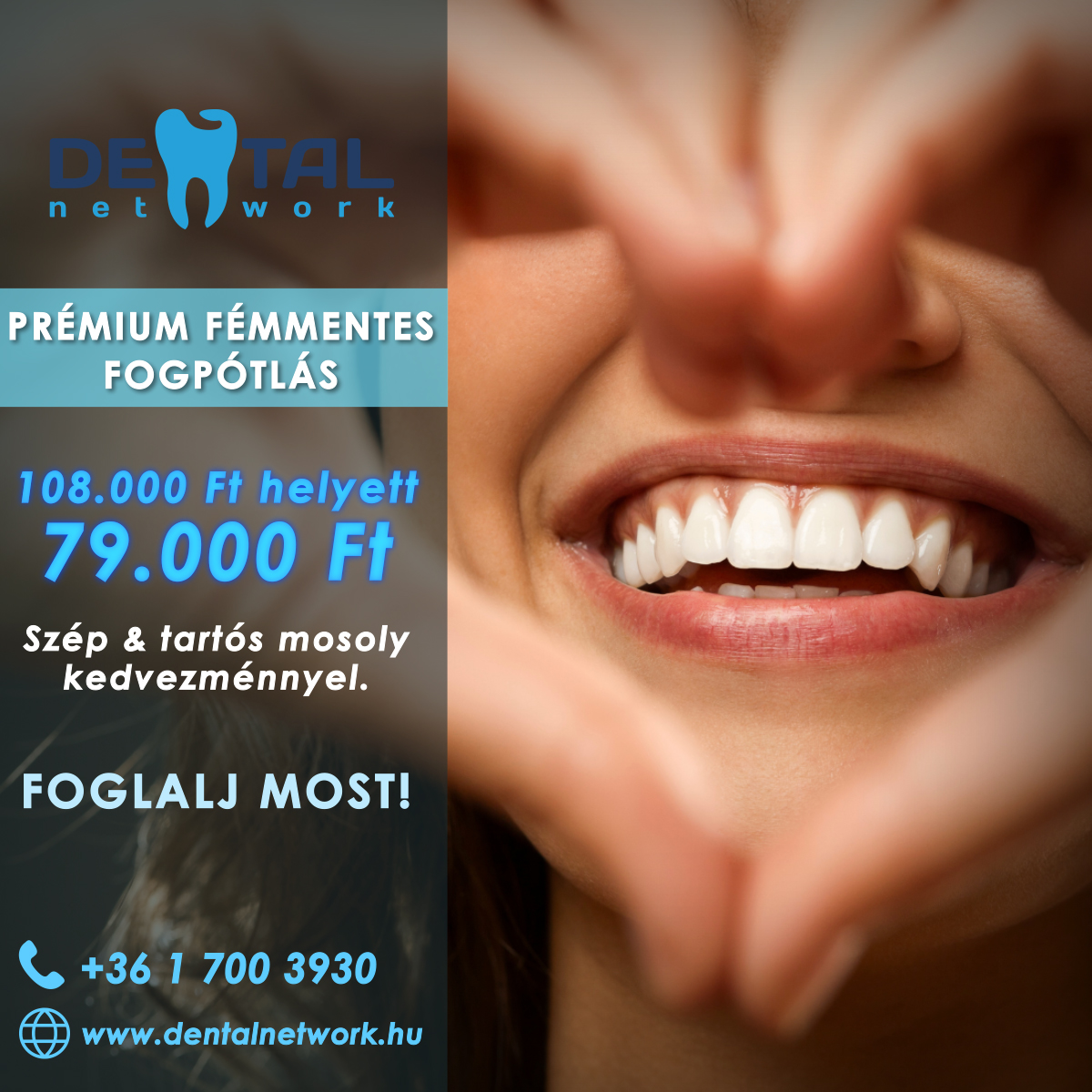The Role of Dental Crowns in Preserving Teeth
Understanding when to opt for a dental crown placement and what to know about the various types and materials of crowns. How are these dental prostheses made, and what can we do to ensure their longevity?
What is a Dental Crown and When is it Needed?
Discussing dental crowns involves the restoration of a tooth's natural crown. The crown is the visible, upper part of the tooth above the gum line. The artificial crown aims to preserve and protect the natural tooth by covering it.
Dental crowns are typically required in the following scenarios:
Covering and supporting a tooth with significant loss of tooth material due to large fillings.
Protecting a weakened tooth from breaking or holding together a cracked tooth.
Covering a dental implant.
Restoring a severely worn down or broken tooth.
Anchoring a dental bridge.
Materials Used in Dental Crowns
Crowns can be made from various materials, such as:
Porcelain
Ceramic
Zirconium dioxide
Metal
Composite
Combination of different materials
When selecting the material for a crown, the dentist considers:
The location of the tooth,
How much of the tooth will be visible when smiling,
The position of the gum tissue,
The function required of the crowned tooth,
How much of the natural tooth remains,
The color of surrounding teeth.
Types of Porcelain Crowns
The metal-ceramic crown involves a sturdy metal base with porcelain fused to it. This type is durable and typically used for side teeth replacements.
Zirconia crowns have a white zirconium dioxide base covered with porcelain. They are an excellent choice for front teeth due to their superior aesthetics and are suitable for those with metal allergies.
Pressed ceramic crowns, also known as full ceramic crowns, are entirely made from porcelain, making them the true "porcelain crown." This type does not require a base and is entirely metal-free, like zirconia crowns.
Plastic crowns serve as temporary solutions while the dental technician prepares the permanent version.
How are Porcelain Teeth, Dental Crowns Made?
The process includes:
The dentist examines and prepares the tooth needing the crown, which may involve taking dental X-rays.
Under anesthesia, the dentist then files down part of the outer layer of the tooth.
An impression of the tooth and surrounding teeth is taken.
A temporary crown is placed to protect the tooth from external factors until the final crown is ready.
The impression is sent to a dental technician who crafts the final crown in a short period.
After a trial, the dental work is cemented onto the tooth with a special adhesive, securely fixing the dental crown.
If the crown is for an implant, there's no need for filing as the crown mounts directly onto the implant.
Dental Crown Prices at Fehérvári Dental
The costs of procedures depend on the materials used and the complexity of the treatments. You can view the pricing for dental crowns and other services on our Prices page.
Potential Complications with Crowns
Sensitivity. Newly crowned teeth can be sensitive after the procedure as the anesthesia wears off. If the nerve remains within the crowned tooth, you might experience temperature sensitivity; your dentist may recommend using toothpaste designed for sensitive teeth. Pain or sensitivity when biting usually indicates the crown is too high.
Loose crown. The cement under the crown can wash out, leading to looseness and bacterial infiltration, which can cause decay. If the crown feels unstable, consult your dentist immediately.
Dark line on the crown at the gum line. If you have a metal crown, a dark line might appear next to the gum line. While not problematic on its own, you might need to replace your crown with a metal-free option for aesthetic reasons.
Gap between the crown and gum line. Over time, changes in the oral cavity might cause the dental prostheses to fit imperfectly, leading to sensitivity and gum disease. In such cases, the crown might need to be removed or replaced.
The longevity of crowns is quite long if the patient maintains proper oral hygiene, which includes regular dental cleanings and check-ups to keep the dental prostheses in good condition for many years.
Fehérvári Dental: Professional Dental Care in the Heart of Budapest
Since our founding in 1997, we strive to provide your family with the highest level of comprehensive care, from toddlers to great-grandparents. Our specialists cover all areas of dentistry, allowing us to handle complex treatments requiring multiple dental specialists. Our team's professional and coordinated operation is evident throughout the entire care process, from clinical consultations to administrative tasks.
Our practice is highly rated in terms of design and technical equipment. Our three-level clinic features three modern treatment rooms and a diagnostic imaging area (panoramic X-ray, teleradiography, CBCT, intraoral). A spacious elevator connects the floors, accommodating those with mobility restrictions and families with strollers.
Book your appointment now!





















